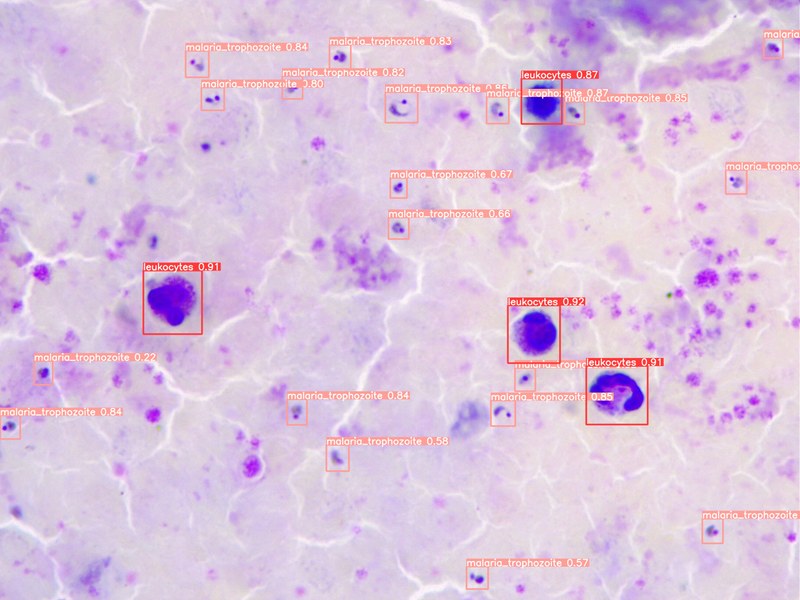Overview
Organizations involved in the project
The research group
The DTIM research group has extensive experience in engineering and data analysis projects thanks to its long-standing collaboration with the World Health Organization (WHO), especially in the field of neglected tropical diseases. As a result of this collaboration, UPC is in the process of becoming a registered WHO collaborating center. With the aim of empowering developing countries to improve their own health systems, and to monitor the main diseases affecting their territory, under the umbrella of the WHO Information System to Control and Eliminate NTDs (WISCENTD), the team participates in the development and deployment of various WHO information systems such as:
● WHO Integrated Data Platform (WIDP)
● WHO Integrated Medical Supplies System (WIMEDS)
● WISCENTD Consolidating Data (WICD)
In addition, since 2018 the group has been collaborating with the Probitas Foundation in the development and improvement of the GLI-software laboratory management program. This software is part of the Global Laboratory Initiative (GLI) program, which aims to strengthen the capabilities of clinical diagnostic laboratories in the most vulnerable regions of the world. In this way, they have a database to store medical data (e.g., patients, analysis or inventory results).
The group is also leading the COVID-19 data exchange project among specialized outbreak software suites, the result of the extraordinary call for grants for research projects based on the processing and analysis of data on SARS-COV-2 and COVID-19 disease in Southern Global CCD countries. The project continued to foster a fruitful collaboration with WHO and their team responsible for the development and maintenance of the Go.Data outbreak management tool, already used for various disease outbreaks like Ebola. The first results of the project included the interoperability app for exchanging data between WHO's Go.Data and health information systems used at countries in the context of COVID-19 pandemics (e.g., interoperability with DHIS2 piloted in Sierra Leone).
Organizations that are participating on the project
Probitas
The Probitas Foundation, through its Global Laboratory Initiative (GLI) program, aims to improve the health of vulnerable populations, strengthening the capacities of clinical diagnostic laboratories through multidisciplinary work. With the GLI Program, access to quality health care for remote communities is being improved since 2010. Improving the diagnosis makes possible to get specific treatments and avoid drug resistance. The direct consequence is a local community with better overall health rates.
The Probitas Foundation currently has 36 laboratories and 14 GLI programs in operation in the following countries:
● Angola
● Belize
● Bolivia
● Ecuador
● Ghana
● Mali
● Peru
● Sierra Leone
● Tanzania
● Paraguay
● Dominican Republic
● Liberia
● Ivory Coast
● Ethiopia
VHIR
Vall d'Hebron Institut de Recerca (VHIR) is a public sector institution that promotes and develops biosanitary research and innovation at the Vall d'Hebron University Hospital, aimed at finding solutions to the health problems of citizens and with the will to contribute to scientific, educational, social and economic within its area of competence. The VHIR provides the project with knowledge about diseases, diagnostic methods and the reality of health centers in communities with few resources. In addition, VHIR technicians have a direct involvement in parasite labeling, a key step in being able to make quality predictions. They collaborate with the Drassanes-Vall d'Hebron International Health Centre and the Hospital's Microbiology Service. The VHIR provides laboratory samples for obtaining and analyzing images.

Image with labels of Drassanes-Vall d'Hebron Hospital, Microbiology Laboratory, Vall d'Hebron Research Institute
Share: